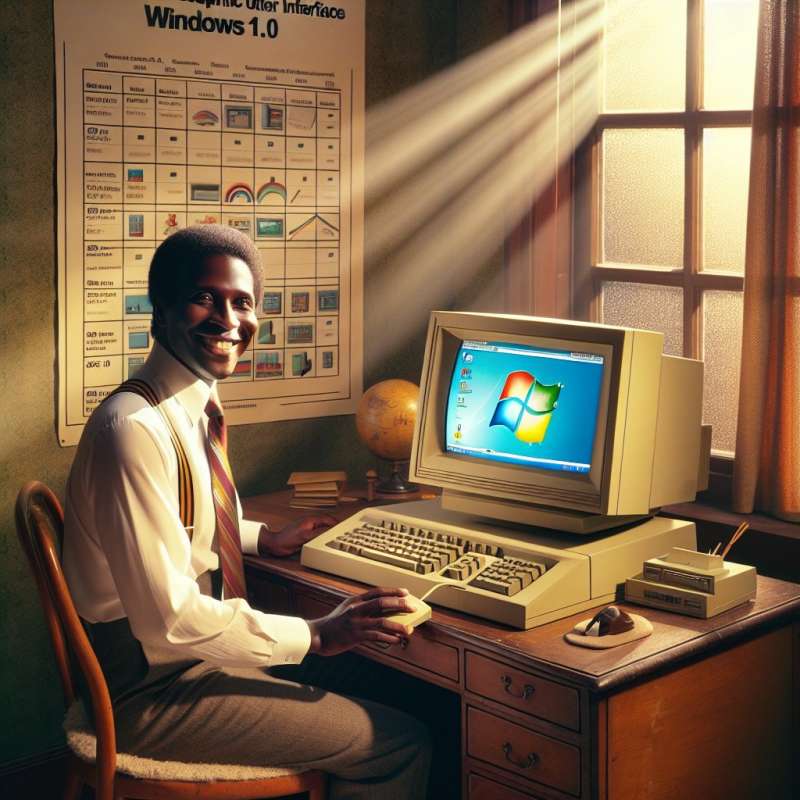
Early Operating Systems
In the 1950s, operating systems were absent; programmers interacted directly with the hardware. The introduction of OS/360 by IBM in 1964 marked a significant evolution, offering a unified operating system for a series of machines.
Unix Revolutionizes OS
Developed in the 1960s and released in 1971, Unix brought multi-tasking and multi-user capabilities. Its portability and open standards spurred innovation, leading to numerous variants, including BSD, and influencing the creation of Linux.
Windows Graphical Interface
Microsoft Windows, launched in 1985, wasn't the first GUI, but it became dominant due to its user-friendly interface and wide adoption. This shift paved the way for personal computing to become mainstream.
Rise of Mobile OS
The 2000s saw the rise of mobile operating systems. Symbian, released in 1997, dominated early smart devices. However, iOS and Android, introduced in 2007 and 2008, transformed mobile computing with app ecosystems.
Linux: Open Source Giant
Linux, released in 1991 by Linus Torvalds, has become the backbone of modern technology, powering servers, supercomputers, and Android. Its open-source nature has made it a bedrock for innovation and cloud infrastructure.
OS Virtualization Emergence
Virtualization, led by technologies like VMware in 1998, allows multiple operating systems to run concurrently on a single physical machine. This has revolutionized data centers, improved server efficiency, and enabled cloud computing.
Future OS Trends
Emerging trends include OSs optimized for AI and quantum computing. Google's Fuchsia aims to be universally consistent across devices, while IBM's Qiskit Runtime is tailored for quantum systems, hinting at a future of highly specialized operating systems.
When was OS/360 introduced?
In the 1970s
In 1964 by IBM
Before 1950s
Company